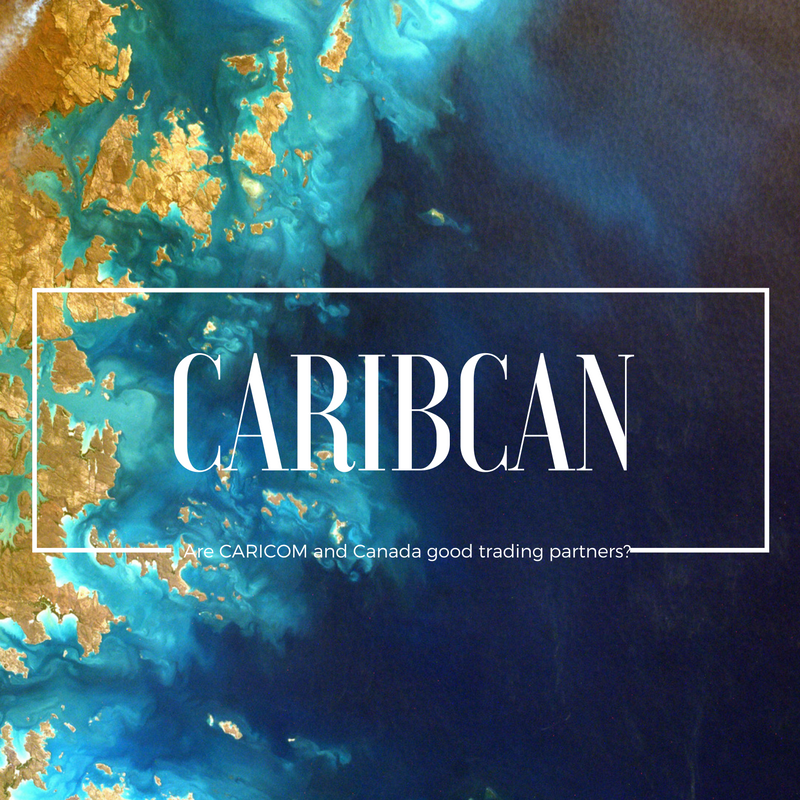CARIBCAN was established between Canada and CARICOM countries in 1986 to provide one-way duty-free access into the Canadian market for commodities that satisfy certain rules of origin requirements. However, after seven rounds of unsuccessful negotiations of a free trade agreement, the World Trade Organization extended the CARIBCAN waiver until 2023. A free trade agreement between Canada and CARICOM would secure market access to goods trade and would expand duty-free market access to trade in services not previously considered under CARIBCAN. To determine whether CARICOM and Canada are good trading partners and should pursue a free trade agreement, it is crucial to examine some pertinent issues, including export competitiveness, comparative advantage, and trade complementarity for trade in goods and services.
A competitiveness analysis showed that room for increasing exports from CARICOM countries to Canada is weak, and trade complementarity between the two trading partners is also low and has been on a downward trend over the past two decades. By removing tariffs on revenue and welfare, there is also a negative effect for all CARICOM countries.
The policy brief CARICOM and Canada: Good Trading Partners? used a revealed comparative advantage index and a trade complementarity index to understand whether CARICOM and Canada are good trading partners. The revealed comparative advantage index showed that CARICOM has comparative advantage in 15 products for the period 2007–12 with Canada. The level of comparative advantage, however, declined for one-third of the products. Commodities with weak comparative advantage had a very low probability of moving into a stronger comparative advantage class. The trade complementarity between CARICOM and Canada is also low and has declined over the past two decades. It is unclear whether a free trade agreement can improve exports from CARICOM to Canada, given the present economic structure and lack of export competitiveness.


Leave a Reply